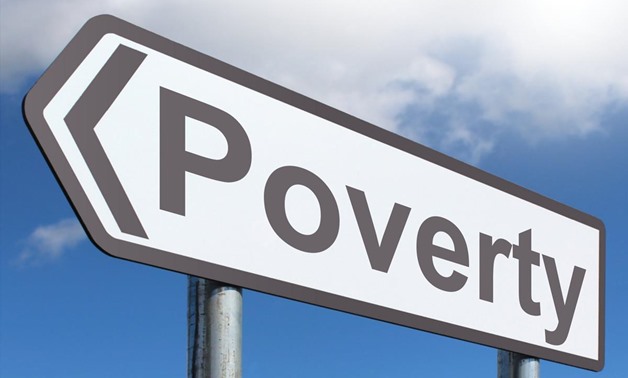The rich can afford suddenly expensive staples, but the poor cannot, Malpass added during a speech he delivered during the WB 2022 Spring Meetings held in Poland's capital, Warsaw on Tuesday under the theme: " Addressing Challenges to Growth, Security, and Stability."
“The war in Ukraine and its consequences are creating sudden shortages of energy, fertilizer, and food, pitting people against each other and their governments. Even people who are physically distant from this conflict are feeling its impacts.
“Trade disruptions have already sent grain and commodity prices soaring.
“Wheat exports from Black Sea ports have been sharply curtailed and intense drought in South America is reducing global food production.
“Global food commodity markets are large and well-established, and – after a lag – they tend to self-adjust to disruptions in production. However, additional factors are making the current food supply problems more acute – namely the supply of fertilizers, energy prices, and self-imposed food export restrictions.
“Fertilizer prices are dependent on natural gas prices, which have surged. As LNG is shipped to Europe, LNG shortages are occurring elsewhere, reducing fertilizer production, and disrupting the sowing season and harvest productivity.
“Russia and Belarus are both large fertilizer producers, adding materially to the problem.
“Just over the last year, serious setbacks have been witnessed for development and security worldwide, including Afghanistan’s collapse, Lebanon’s crisis, and coups and violence across the Sahel, Ethiopia, Somalia, and Yemen.
“Millions of Syrians are living in refugee camps in Jordan, Lebanon, and Turkey. Inter-ethnic and inter-religious strife plagues Myanmar and other parts of Asia.
“In Latin America and the Caribbean, levels of crime and violence are alarmingly high, with some urban and rural areas controlled by criminal gangs or drug cartels.
“The trend toward insecurity is deeply concerning. This year, 39 of the 189 member countries of the World Bank Group – 39 of 189 - are experiencing open conflict situations or remain worryingly fragile. The number of people living in conflict areas nearly doubled between 2007 and 2020.
“Today, in the Middle East and North Africa, one in every five people lives in an area affected by conflict. This unraveling of security has brought a surge in the number of refugees, which more than doubled over the last decade to exceed 30 million refugees in 2020.
“The war in Ukraine has already displaced an additional 10 million people from their homes, pushing more than 4 million people – primarily women and children – into neighboring countries, most of them to Poland and Romania.
“Since the outbreak of COVID-19, global indicators on food, nutrition, and health have worsened and children lost more than a year of education due to school closures, with 1.6 billion children out of school globally at the peak of lockdowns, reversing a full decade of gains in human capital.
“The WB is currently preparing a nearly $1.5 billion operation for Ukraine to support continuation of essential government services during the war. (MORE)











Comments
Leave a Comment